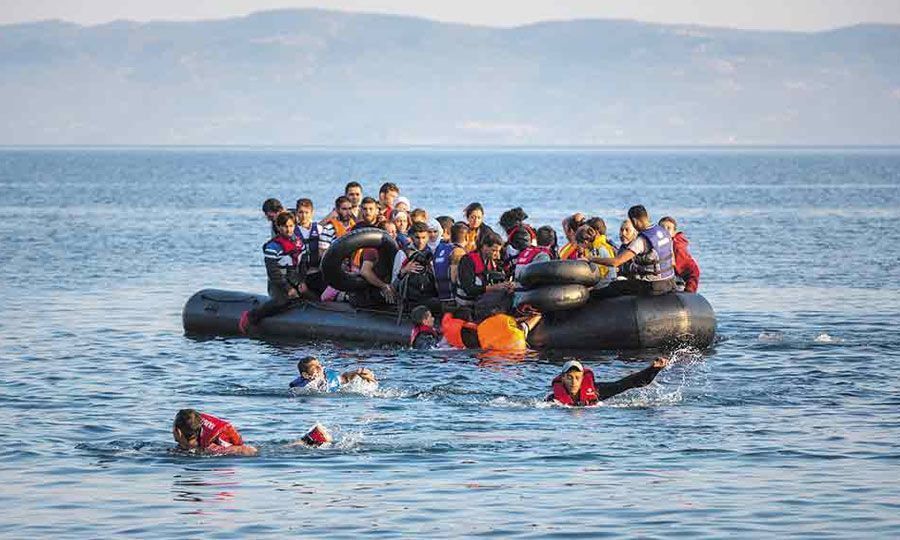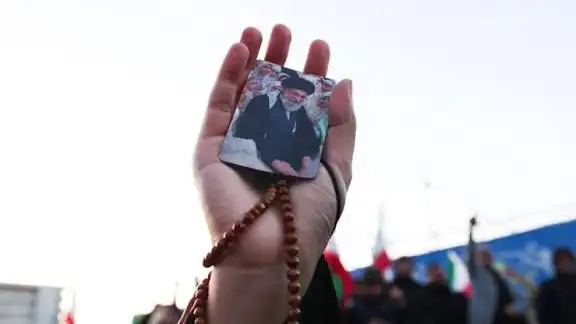Greece’s parliament enacted a three-month suspension of asylum applications for migrants arriving by sea from North Africa, particularly Libya. This decision, passed with a 177-74 vote, aims to address the significant surge in Mediterranean crossings that have overwhelmed reception facilities on the island of Crete.
The suspension follows a dramatic increase in sea arrivals, with over 2,000 migrants reaching Crete since the past weekend, bringing the total number of arrivals this year to over 10,000. Prime Minister Kyriakos Mitsotakis announced plans to construct a detention facility on the island and enhance cooperation with Libyan authorities to thwart illegal migration.
International human rights organizations have strongly criticized the suspension. The United Nations High Commissioner for Refugees expressed “deep concern,” emphasizing that border control measures must comply with international and European law. Similarly, Michael O’Flaherty, the Council of Europe’s Commissioner for Human Rights, condemned the decision, warning it could lead to returns that expose migrants to torture and other human rights violations, thereby breaching Greece’s international obligations.
In response to the surge, Greek authorities have intensified efforts to intercept migrant boats south of Crete and transfer individuals directly to mainland facilities. Over the past 10 days, more than 7,000 migrants have arrived from Libya to Crete. This surge comes amid a broader decline in EU irregular crossings, according to Frontex, but marks a crisis point for Crete.
The suspension has also raised concerns among local authorities and the tourism sector. Crete’s local infrastructure is overwhelmed, prompting emergency appeals for government help. Temporary facilities, such as an exhibition center in Chania, are being used for shelter; however, local officials warn conditions are deteriorating.
The Greek government’s decision reflects a broader trend of tightening migration controls, including the construction of border fences and expanded sea patrols. However, it has sparked a diplomatic rift between the EU and Libya, complicating efforts to manage migration flows effectively.
As the situation develops, Greece faces the challenge of balancing border security with its international obligations to protect asylum seekers. The effectiveness and legality of the suspension will likely continue to be subjects of intense debate and scrutiny.












Wow, isnt this decision a bit extreme? Will it really solve the issue or just create more problems? What do you guys think?
This decision raises questions about human rights and the effectiveness of border control. Will it really solve the issue?
I cant believe theyre suspending asylum applications! What about human rights? Wheres the compassion? This is just wrong.
I find it hard to understand how suspending asylum applications helps anyone in the long run. Seems short-sighted, dont you think?
Why should North African migrants bear the consequences of political decisions? Seems unfair and shortsighted. Lets discuss!
Do you think this law will actually help or just create more problems? Curious to hear different perspectives on this.
Why should only North African migrants be targeted for asylum application suspension? Seems unfair and discriminatory. What about others?